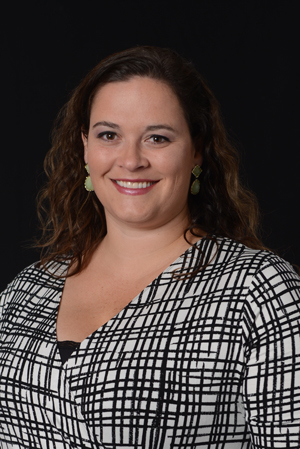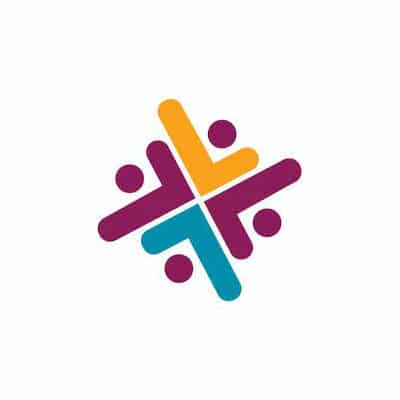Innovative Companies: Eat Greater Des Moines

PERRY BEEMAN Nov 6, 2015 | 12:00 pm
2 min read time
459 wordsArts and Culture, Business Record Insider, Innovation and EntrepreneurshipESTABLISHED: April 2013
FOUNDERS: Des Moines Area Religious Council, United Way of Central Iowa
LOCATION: 756 16th St., Des Moines, Wallace Centers of Iowa
WEBSITE: www.eatgreaterdesmoines.org
The Problem:
Eat Greater Des Moines wanted to make it easier for surplus-food donors to link with recipients, and to make sure the public knows that the donations are legal under federal law.
The Innovation:
The nonprofit organization teamed with Simpson College to develop ChowBank, a mobile app that allows donors to publicize what food is available and recipients to request alerts when specific foods are available.
How they did it:
Eat Greater Des Moines talked to many event organizers, companies and organizations who were supportive of “food rescue” — or donations of surplus food items and ingredients. Most of those groups either erroneously thought the donations were illegal or didn’t have the staff to match the donations with recipients.
“Our goal was to make the process easier and make sure people know where to go and how to get it done so we are not filling the landfill with perfectly edible food,” said Aubrey Alvarez, 35, executive director of Eat Greater Des Moines.
Alvarez, a Red Oak native with a bachelor’s degree in health promotion from the University of Northern Iowa and master’s degree in public administration from Drake University, noted that while many in Central Iowa were donating food, there wasn’t a central clearinghouse to make sure the food didn’t end up in the landfill.
The app makes it easier for after-school programs, shelters, congregate meal sites and organizations such as Creative Visions to link with university dining halls, convenience stores, private restaurants, events centers and others who have food to donate.
Alvarez had heard of EMERGE@Simpson, an incubator at the Indianola college that turns students loose on projects and pays them for their work. She called EMERGE director Chris Draper, who agreed to take on the project. The app is undergoing tests and should be in wide use by the end of the year.
The Payoff:
The Iowa Department of Natural Resources provided a $19,000 grant for the project as a way to keep materials out of landfills. Eventually, the organization hopes to help sustain the effort by selling the technology in other markets, most likely by charging a fee based on the area’s population. The original version is available free online. The app will provide aggregate data across the area on how much food is donated, Alvarez said. That will make it easier to track how well an area is doing on directing surplus food to those who need it.
“It doesn’t feel good to have all this good food and to throw it away,” Alvarez said. “(The app) makes it so much easier to do the right thing.”










